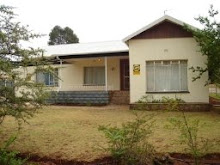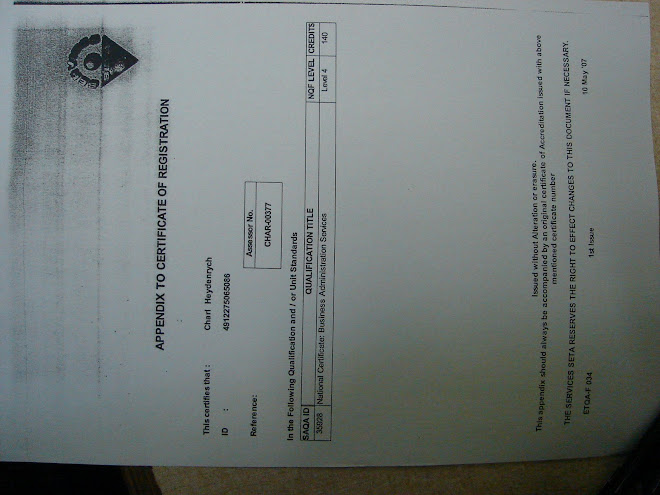Real estate barriers breaking down, survey shows
29 September 2009
Transformation in SA’s real estate industry is speeding up, a new survey shows.
The results of the just-released poll show that black agents now make up 10% of the total, compared with just under 4% five years ago, when the number of agents registered with the Estate Agency Affairs Board (EAAB) was roughly the same as it is currently.
“In real terms the increase means that the number of black agents registered has risen from about 2000 to around 4200,” says Dr Willie Marais, national president of the Institute of Estate Agents (IEASA) “and we are delighted at this growth, which we see as an important sign of that the residential property market overall is becoming more integrated.
“It reflects not only the rising percentage of black buyers in the market but the fact that the divide between the so-called township markets and the traditional suburban markets is narrowing, with more people now transferring freely from one to the other.
“Indeed, this is underlined by a further finding of the survey, that 18% of all agents, or almost one in five, now include township homes in their marketing mix alongside suburban houses, sectional title and cluster homes, retirement units and agricultural properties.”
The 2009 survey, conducted by an independent researcher with the backing of IEASA and Property24 as well as the EAAB, is the second such poll ever conducted in the SA real estate industry, the first having been done in 2004.
Distributed to 42 000 agents registered with the EAAB, it probed a wide range of characteristics of agents and agencies, including demographics, business activities and technology usage, as well as compensation structures and although participation was entirely voluntary, it drew a strong response.
This revealed among other things that the typical SA agent is aged between 35 and 55 (54%); married with two children (72%) and earns R13 000 or less a month (54%) by working on a commission-split basis in an independent agency (74%). IEASA will release further findings over the next few weeks.
Issued by the
Institute of Estate Agents of SA
Pringle Bay
-
Name:https://en.wikipedia.org/wiki/Pringle_Bay Google count: Date: Historic
fact: Other interesting info: Where to stay:
8 years ago







